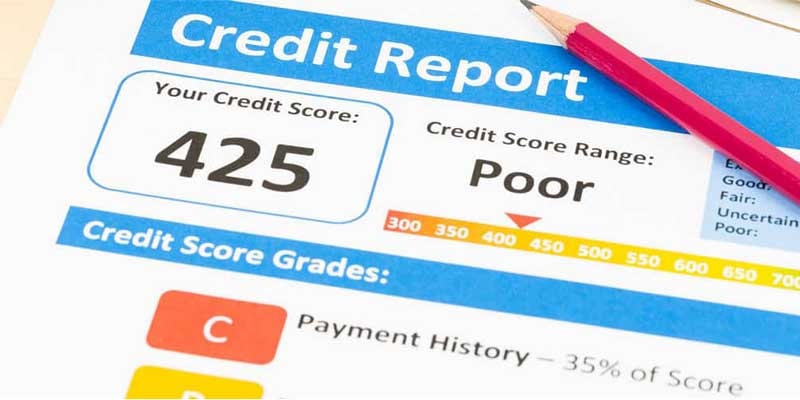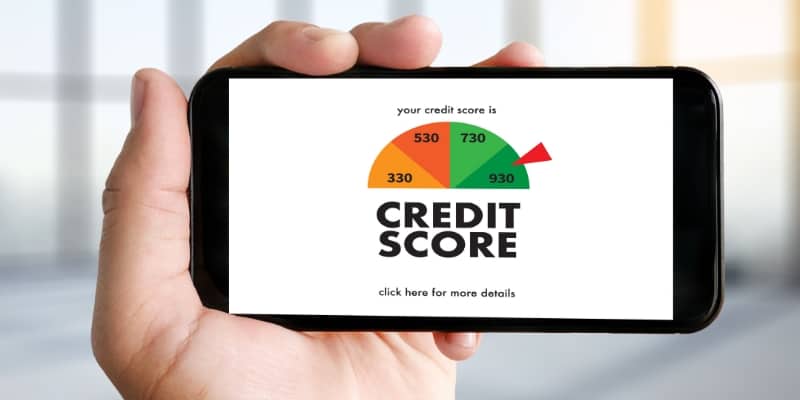Loans for poor credit can be incredibly tempting, especially if you’re in desperate need of money to pay bills or move your life forward in some way. However, these loans are often not the best option for many borrowers and end up being more trouble than they’re worth in the long run. Here are reasons why you should avoid going to loans for poor credit when you need funds.
The Basics
Payday loans and cash advances can be a quick fix for someone who’s in a bad financial situation, but they can also cost you thousands of dollars in interest payments and fees. Because these loans are small-dollar transactions, they come with higher interest rates than traditional loans or lines of credit. Additionally, many payday loan companies offer additional deluxe options that tack on additional fees to the account balance that you have to pay back before you can access your next paycheck (or sometimes even before you get paid for your next check).
These prices, combined with high-interest rates, can add up! If you’re looking for money in an emergency, consider asking friends or family members if they could help out instead. When borrowing from friends or family is not an option, consider traditional lending institutions—such as banks and credit unions—and other types of loans that don’t come with hidden fees.
The Pros
There are various reasons why you may want to consider taking out a loan for poor credit, especially if you’re strapped for cash and don’t have an emergency fund to draw from. But are those loans worth it? Probably not, and here’s why: The interest rates on such loans tend to be extremely high, and it can be difficult (if not impossible) to get approved for them unless you already have access to income that can be used as collateral for your loan payments. If your application is denied, you might end up with no money and even worse credit. A $300 debt could quickly become something much larger—and more expensive. This isn’t helpful if you just need some extra cash or time to pay off other debts—like student loans or car payments—that have lower interest rates or give you some wiggle room in their repayment plans. If you need short-term financing because of these kinds of existing debts, then a personal loan or peer-to-peer lending site might be a better option than trying to borrow money from an online lender with unpredictable interest rates.
The Cons
Loans for poor credit can be difficult to get approved for, especially if you’re applying from a questionable background. It can also be difficult to qualify since underwriting standards tend to be stricter than bank loans or other types of lending options. If you need money fast and you have bad credit, it may not be wise to take out a loan; instead, try looking into grants or other forms of financial aid that are more likely to go through in time-sensitive situations.
Despite offering quick solutions, you might find yourself at risk for scams—or paying extra fees. In addition to interest rates, your lender could charge you origination fees as well as renewal fees—especially when your loan is unpaid past due, or late. So even though you may already have enough problems with back bills and things like medical debt—now there will be additional fees keeping up with. On top of these charges, late payment penalties could cost as much as 30% percent of your principal balance! Now let’s say your principal balance is $1,000—that’s an additional $300 on top of what you already owe!
What to Do Next
If you’re having problems repaying your current loans, try to work out a new payment plan with your lender (contact them first, don’t just stop paying). Failing that, you might want to consider an alternative source of finance such as managing money issues through family members or friends. If all else fails, contact a charity for advice on alternative ways to solve your financial problems. And lastly, if your credit score is really bad (less than 500), start taking steps towards fixing it—before applying for any loans! Get organized and track your spending habits so you know where to focus your efforts. Pay off bills in full each month and avoid opening too many new accounts to protect your score. The longer you wait between applications and failed payments, the better off your chances are at getting accepted when things improve down the road. Remember: loans for poor credit can be tempting because they seem easy but they can seriously damage your finances long-term by increasing debt and hurting (or even ruining) your credit rating!






